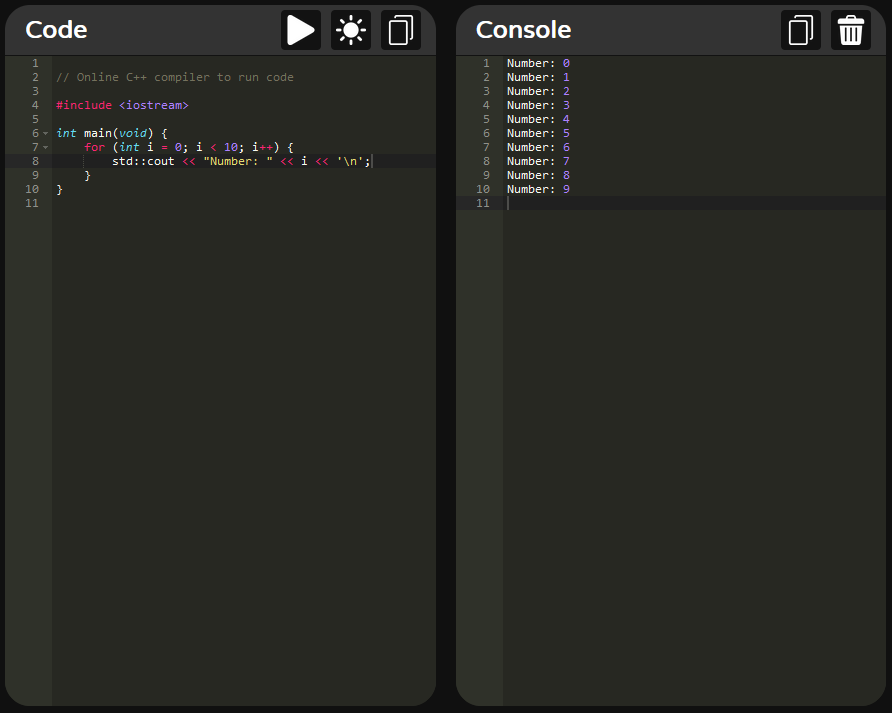How To Compile C++ Code In Your Browser
What is C++?
Since its introduction in 1979, C++ has shown to be a robust and adaptable programming language. C++ was created as an expansion of the C programming language at Bell Labs by Bjarne Stroustrup, adding features like classes and objects. This language is widely utilized in many different fields, such as high-performance applications, gaming development, and systems programming. Because of its adaptability, it can be used for both high-level abstractions and low-level operations, which makes it a popular option for a variety of software development tasks.
The ability of C++ to allow object-oriented programming (OOP) is one of its main characteristics. With the help of this paradigm, programmers can divide their code into classes???reusable, modular units that can be instantiated as objects???and organize them into logical units. With classes and objects, data and behavior are contained within self-contained units, resulting in code that is easier to write and maintain. Other programming paradigms, such procedural and generic programming, are also supported by C++, giving developers more freedom to select the method that works best for their projects.
Programmers must have fine-grained control over memory allocation and deallocation, and C++ provides this capability. Although this offers the benefit of effective resource use, it also adds the burden of human memory management, which can result in issues like segmentation errors and memory leaks. To lighten the load on developers and improve code safety, smart pointers and memory management tools have been added to modern C++.
Another essential component of the language is the C++ Standard Template Library (STL), which offers a library of generic data structures and algorithms. By providing pre-built solutions for containers (like vectors and maps), algorithms (like sorting and searching), and iterators, the STL makes typical programming jobs easier. This library encourages the usage of thoroughly tested and optimized components, which dramatically increases development productivity and code quality.
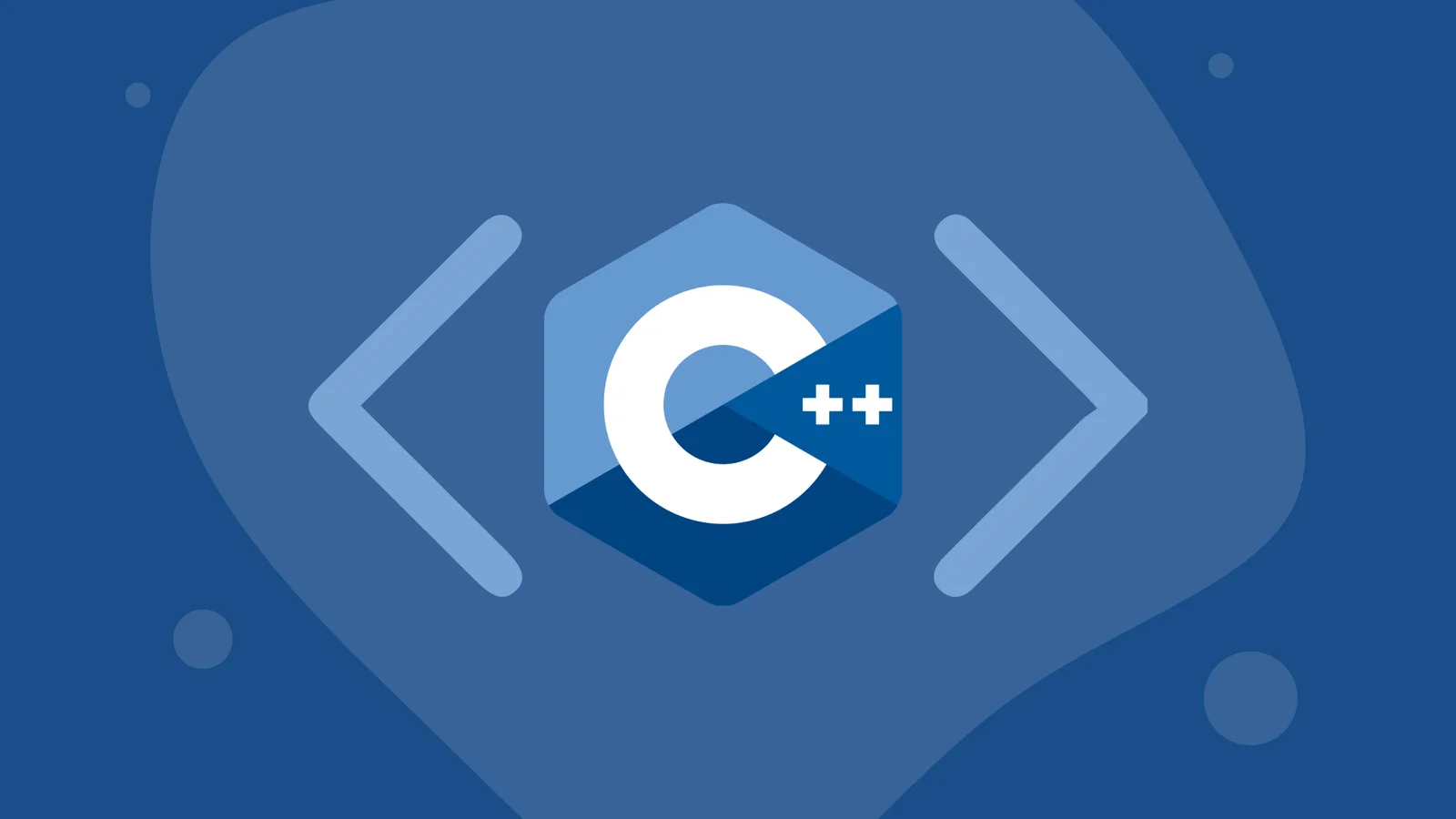
What is a C++ compiler?
A C++ compiler is a fundamental tool in the software development process, responsible for translating human-readable C++ code into machine-readable instructions that a computer can execute. This process, known as compilation, involves several stages that transform the high-level code written by developers into an executable program. The compilation begins with a preprocessor, which handles tasks like macro expansion and file inclusion, preparing the code for subsequent stages. The compiler proper then translates the preprocessed code into an intermediate form, often represented as assembly language or machine code.
During the compilation process, the C++ compiler performs various optimizations to enhance the performance of the resulting executable. These optimizations can include dead code elimination, loop unrolling, and inlining functions, among others. The goal is to generate efficient and streamlined machine code that executes instructions more quickly, ultimately improving the overall performance of the software.
One crucial aspect of the compilation process is the generation of object code or binary files. These files contain the compiled code in a format that the computer's operating system and linker can understand. The linker combines multiple object files, along with necessary system libraries, to produce the final executable. Additionally, the compiler performs type checking and error detection to ensure that the code adheres to the syntax and semantics of the C++ language, helping developers catch potential issues before execution.
C++ compilers are available for various platforms, including Windows, Linux, and macOS, each tailored to the specific architecture and operating system. Some well-known C++ compilers include GCC (GNU Compiler Collection), Clang, and Microsoft Visual C++. These compilers often come with a suite of tools and options that allow developers to fine-tune the compilation process, enabling them to balance performance, debugging capabilities, and compatibility with different platforms.
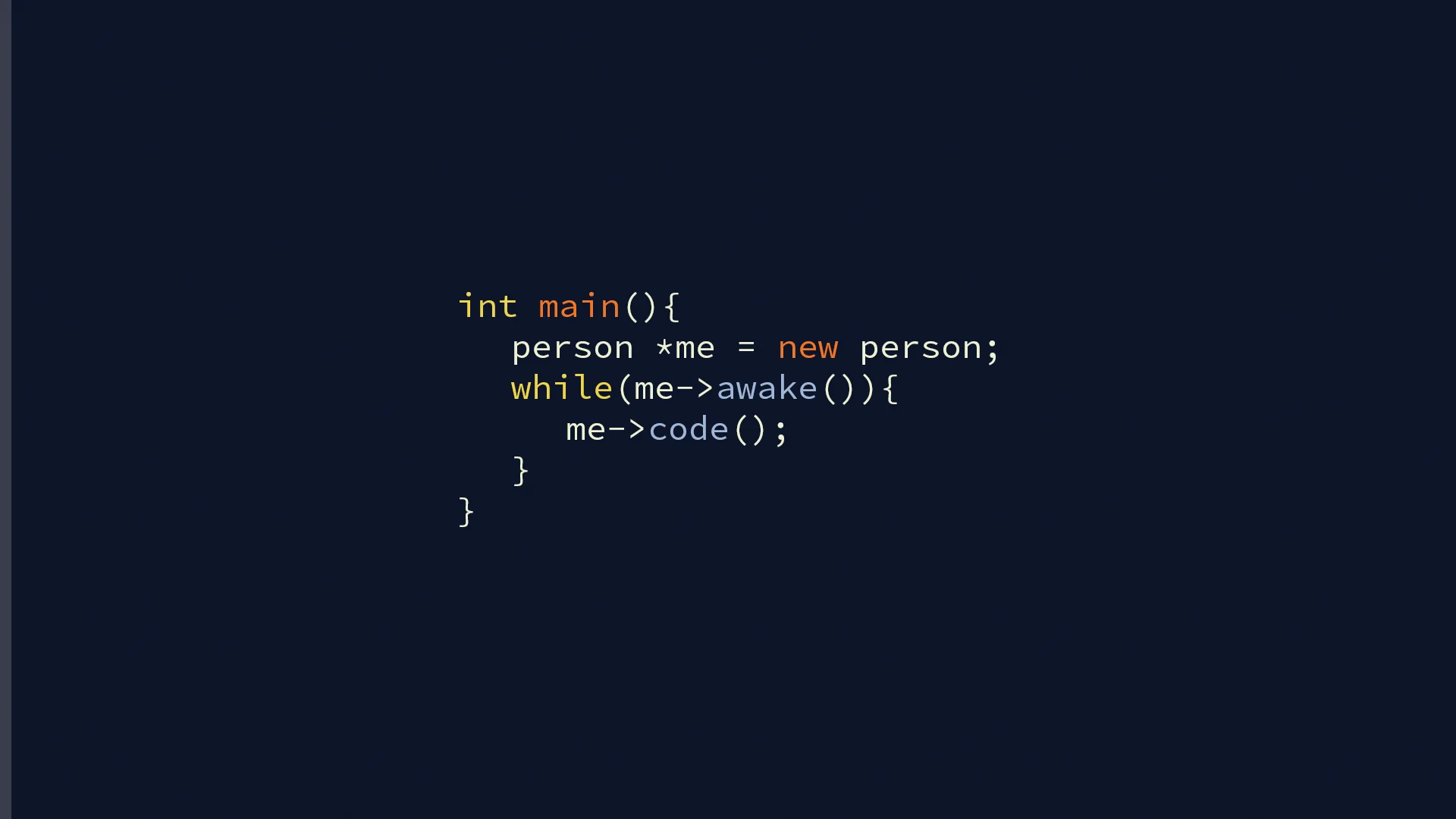
What are the upsides of running C++ in your browser?
An online C++ browser compiler offers a unique set of advantages that cater to the evolving landscape of software development and the needs of a diverse user base. One notable advantage is the accessibility it provides to developers. With an online compiler, programmers can write, compile, and run C++ code directly from their web browsers without the need for complex installation processes. This accessibility fosters a more inclusive and convenient development environment, especially for beginners or individuals working on different machines.
Collaboration is another key benefit of online C++ browser compilers. Developers can easily share their code snippets or entire projects by simply providing a link to the online compiler. This facilitates collaborative coding sessions and allows for real-time debugging and troubleshooting among team members, regardless of their physical locations. The shared online environment promotes efficient code review processes and enhances collaborative learning experiences within programming communities.
The versatility of online C++ compilers extends to their compatibility with various devices and operating systems. Developers can use these compilers on any device with a web browser, whether it's a laptop, tablet, or even a smartphone. This flexibility is particularly advantageous for individuals who may not have access to a powerful development environment or prefer the convenience of coding on the go. It also minimizes compatibility issues associated with different operating systems, streamlining the coding experience across diverse platforms.
Furthermore, online C++ compilers often come equipped with features such as integrated debugging tools, code completion, and syntax highlighting. These features enhance the development workflow by providing a more interactive and user-friendly coding environment. Additionally, some online compilers offer immediate feedback on code correctness and performance, aiding developers in identifying and addressing issues promptly. This instant feedback loop accelerates the learning process for beginners and promotes efficient problem-solving for seasoned developers.
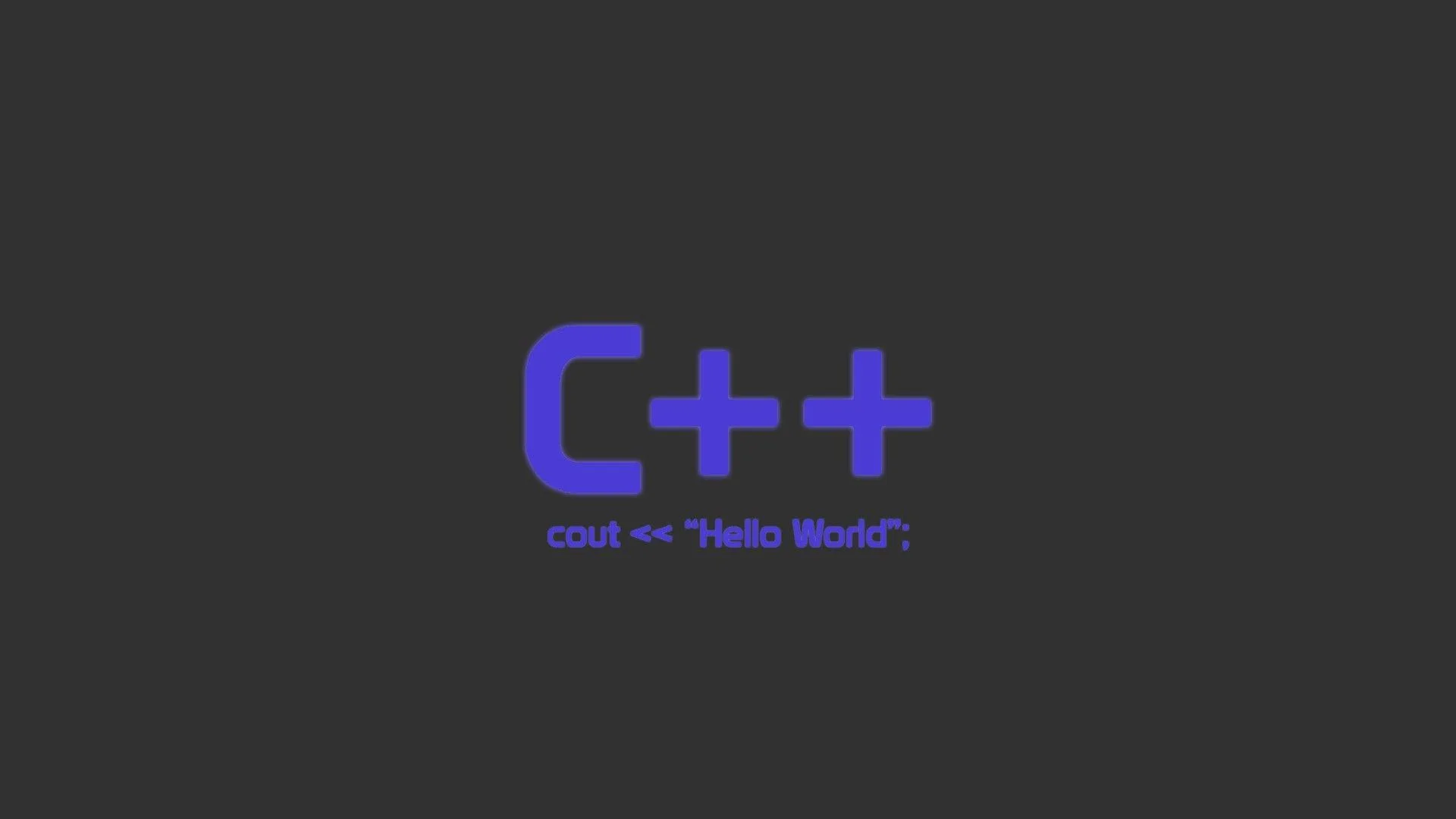
What are the downsides of running C++ in your browser?
Online C++ browser compilers have a few benefits, but they also have some drawbacks. One of the most significant disadvantages is that they may require internet connectivity, which can be problematic for developers who work in environments with spotty or no internet access. This can be particularly problematic when a reliable internet connection is hard to come by.
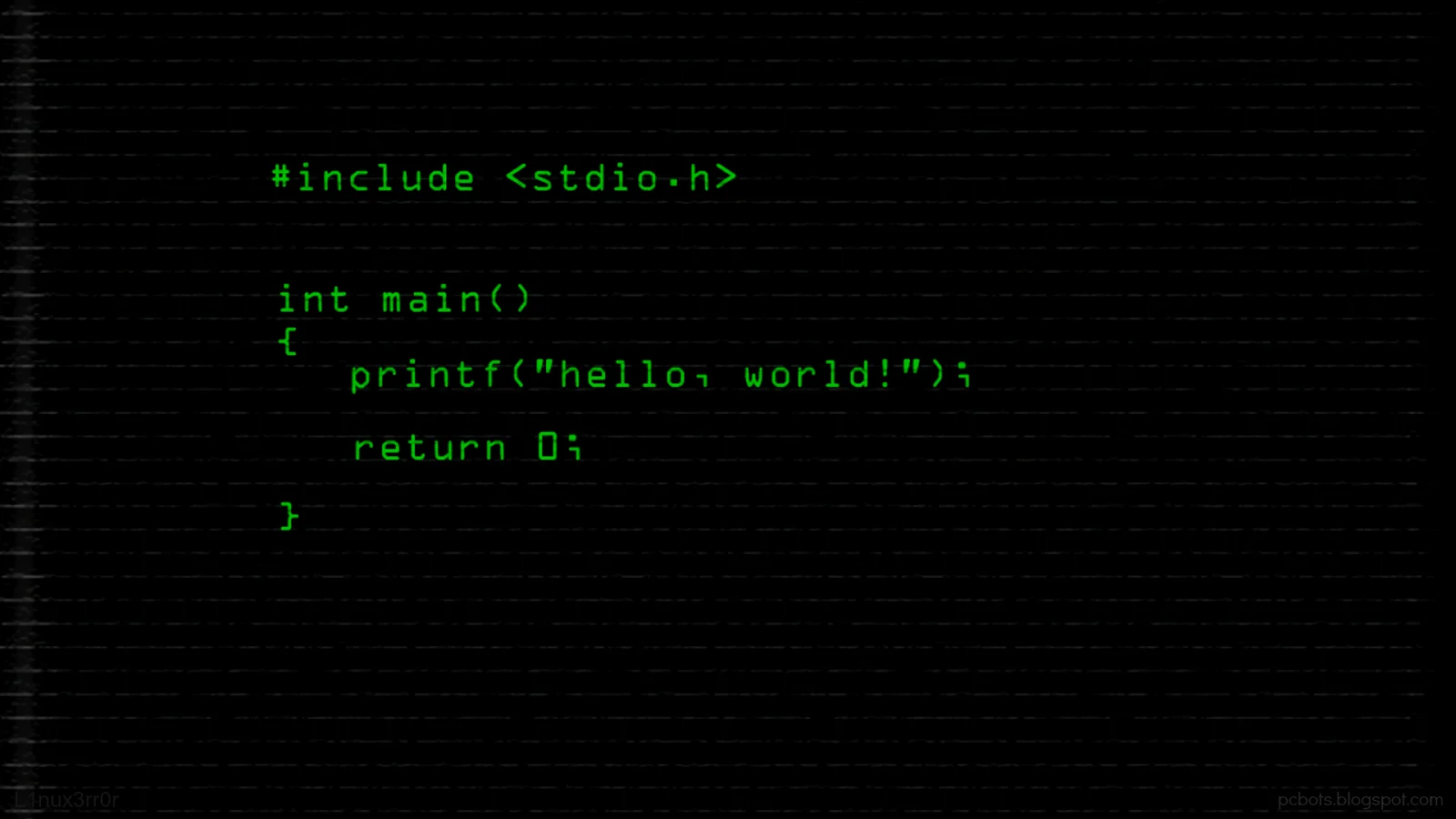
How can C++ be compiled in a browser?
C++ code can easily be compiled using our free and online C++ compiler, this tool turns your browser into a functioning C++ IDE, allowing you to easily run C++ code.
